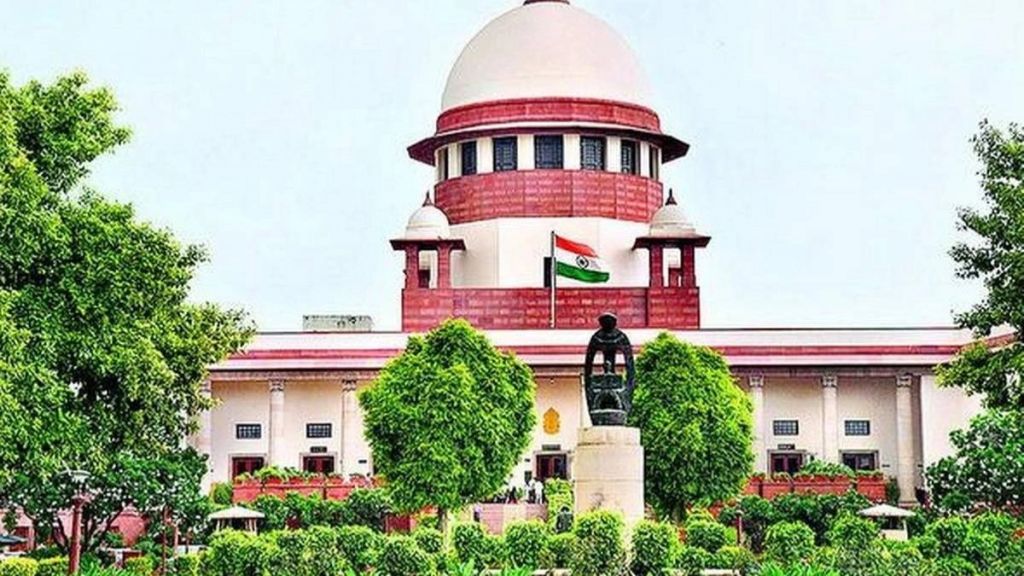
New Delhi: The Supreme Court on Friday dismissed a PIL alleging the RBI exchanged Rs 30 crore-worth defaced currency notes belonging to a Kashmir separatist group.
A bench of Justices Surya Kant and N Kotiswar Singh dismissed the PIL, which sought a CBI probe into the allegations, after the RBI said petitioner Satish Bhardwaj was fired from the RBI and he had suppressed the fact before the court.
"He appears to be a disgraced employee of a bank," the bench told senior advocate Jaideep Gupta, representing the RBI. Gupta submitted there was no basis for Bhardwaj's claim.
Bhardwaj, appearing in person, referred to a newspaper report on the issue and said the RBI was denying the allegations five years after the PIL was filed.
Justice Surya Kant told the petitioner he was the one who concealed the relevant facts in his petition.
After Bhardwaj admitted he was dismissed by the bank, the bench said, "We are not inclined to entertain this writ petition purportedly filed in public interest. The same is accordingly dismissed. However, the issues, if required to be adjudicated, shall be gone into in an appropriate case." On January 7, 2020, the top court asked the Centre to look into the PIL saying "the issue may be of national importance".
Bhardwaj alleged in 2013 the Jammu branch of the RBI exchanged the currency notes which belonged to a separatist group called "Kashmir Graffitti". He said he had approached the CBI to probe the matter but nothing came of it.
"Act of Jammu branch of Reserve Bank of India to exchange the defaced/imperfect Indian currency notes worth Rs 30 crore that too which was done by a separatist group of Kashmir with the main aim of destabilising peace and harmony in the region of Jammu and Kashmir and to create an environment of tension and terror in the minds of common residents of the region is illegal and worth of interference of this court," his plea alleged.
The separatist group in Kashmir, he said, in a statement on Facebook claimed to have stamped separatist slogans on Indian currency worth Rs 30 crore between May and August, 2013.
He argued currency notes could only be exchanged as per law and no such stamped currency could be exchanged as per RBI regulations.
(Except for the headline, this article has not been edited by FPJ's editorial team and is auto-generated from an agency feed.)